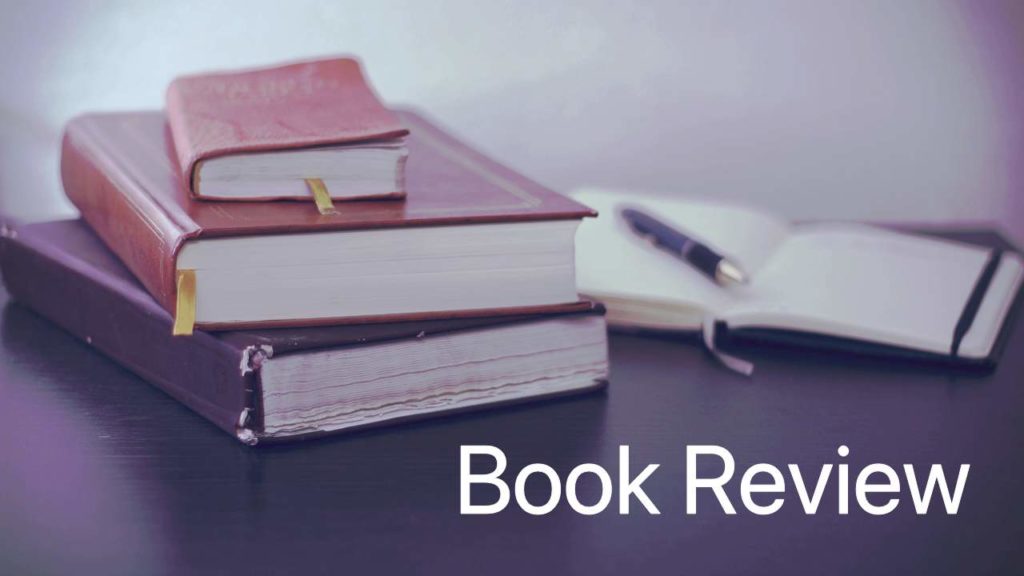Brokaw, Tom. The Greatest Generation
Random House, 1998
Hardcover, 412 pages
ISBN 0-375-50202-5
When my father-in-law died just about a year ago, I realized that it wouldn’t be long before everyone with personal experience of World War II would be gone. Even the youngest people who went off to that war are in their mid 70s now. So I was prepared to appreciate Tom Brokaw’s tribute to the men and women who participated in World War II.
In the opening section, “Generations,” Brokaw says of these soldiers, “They answered the call to help save the world from the two most powerful and ruthless military machines ever assembled, instruments of conquest in the hands of fascist maniacs” (p. xix). And, he continues, “They helped convert a wartime economy into the most powerful peacetime economy in history. They made breakthroughs in medicine and other sciences. They gave the world new art and literature. They came to understand the need for federal civil rights legislation. They gave America Medicare” (p. xx).
Such hyperbole is understandable, perhaps even appropriate, in an introduction. But Brokaw continues in this vein throughout:
It is a generation that, by and large, made no demands of homage from those who followed and prospered economically, politically, and culturally because of its sacrifices. It is a generation of towering achievement and modest demeanor, a legacy of their formative years when they were participants in and witness to sacrifices of the highest order.
(p. 11)
One after another they volunteered how in their families and in their communities they were expected to be responsible for their behavior, how honesty was assumed to be the rule, not the exception. They also talked matter-of-factly about a sense of duty to their country, a sentiment not much in fashion anymore.
(p. 37)
Such continued exaggeration insults the reader. I’m capable of getting the point about the stories of these men and women. I don’t need Tom Brokaw to beat me over the head with it. Such jingoism also detracts from the book’s power.
Reading The Greatest Generation made me realize the power of understatement. These stories are strong enough to stand on their own. I wish Brokaw had let them do so.
© 2000 by Mary Daniels Brown

